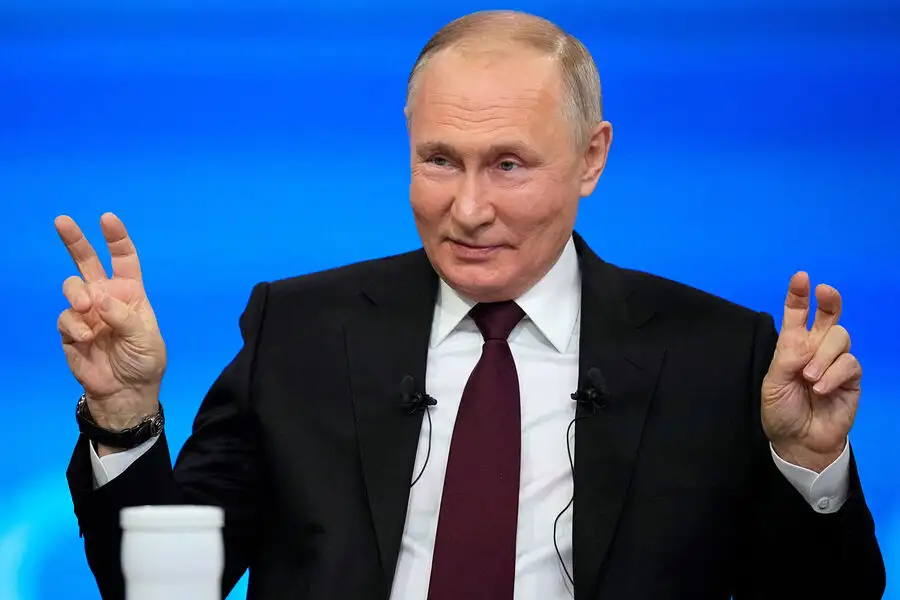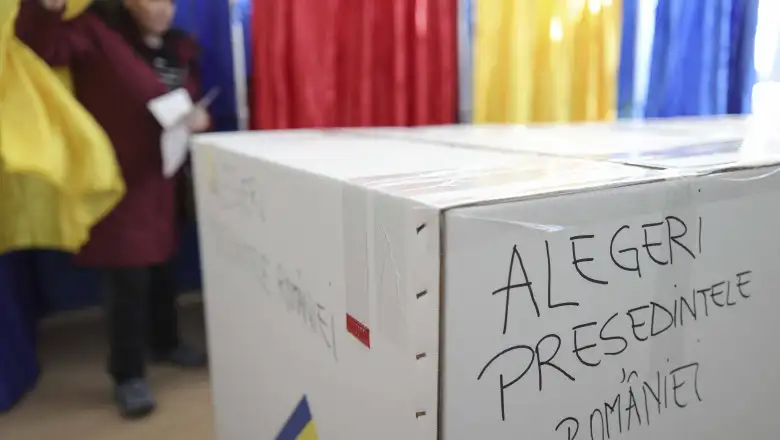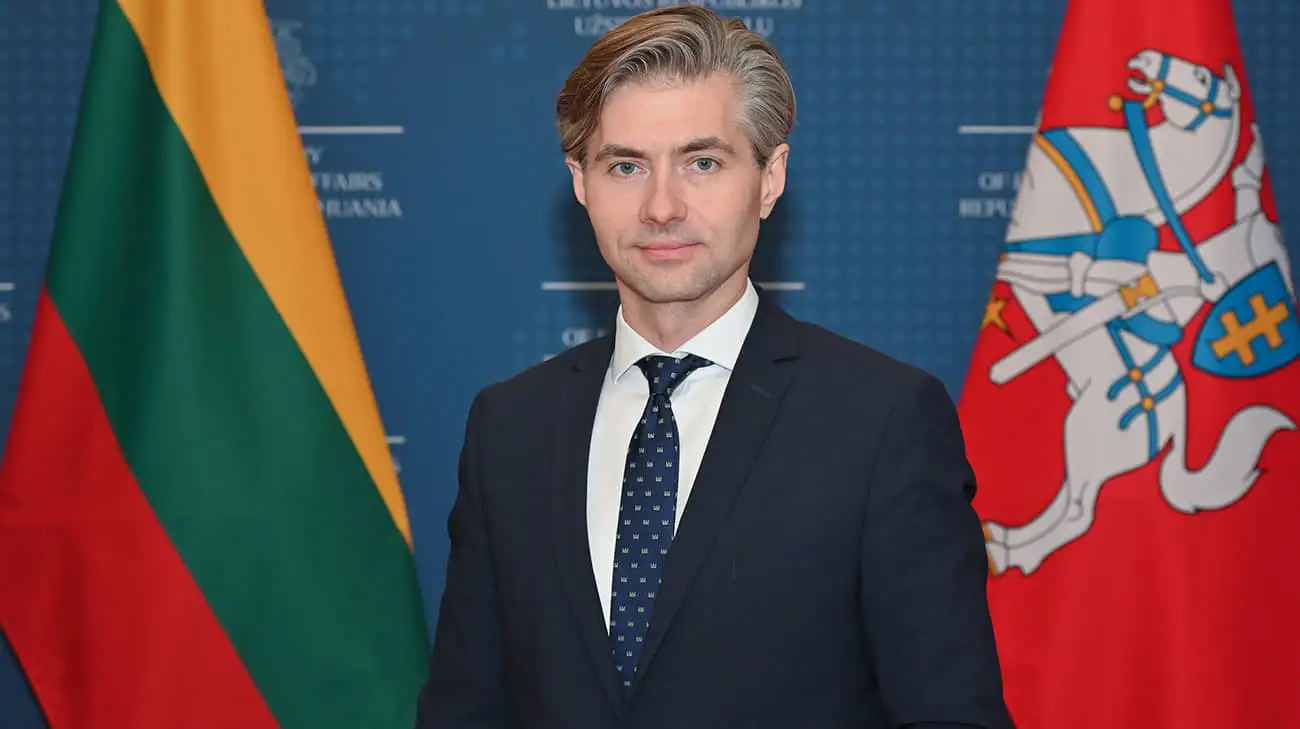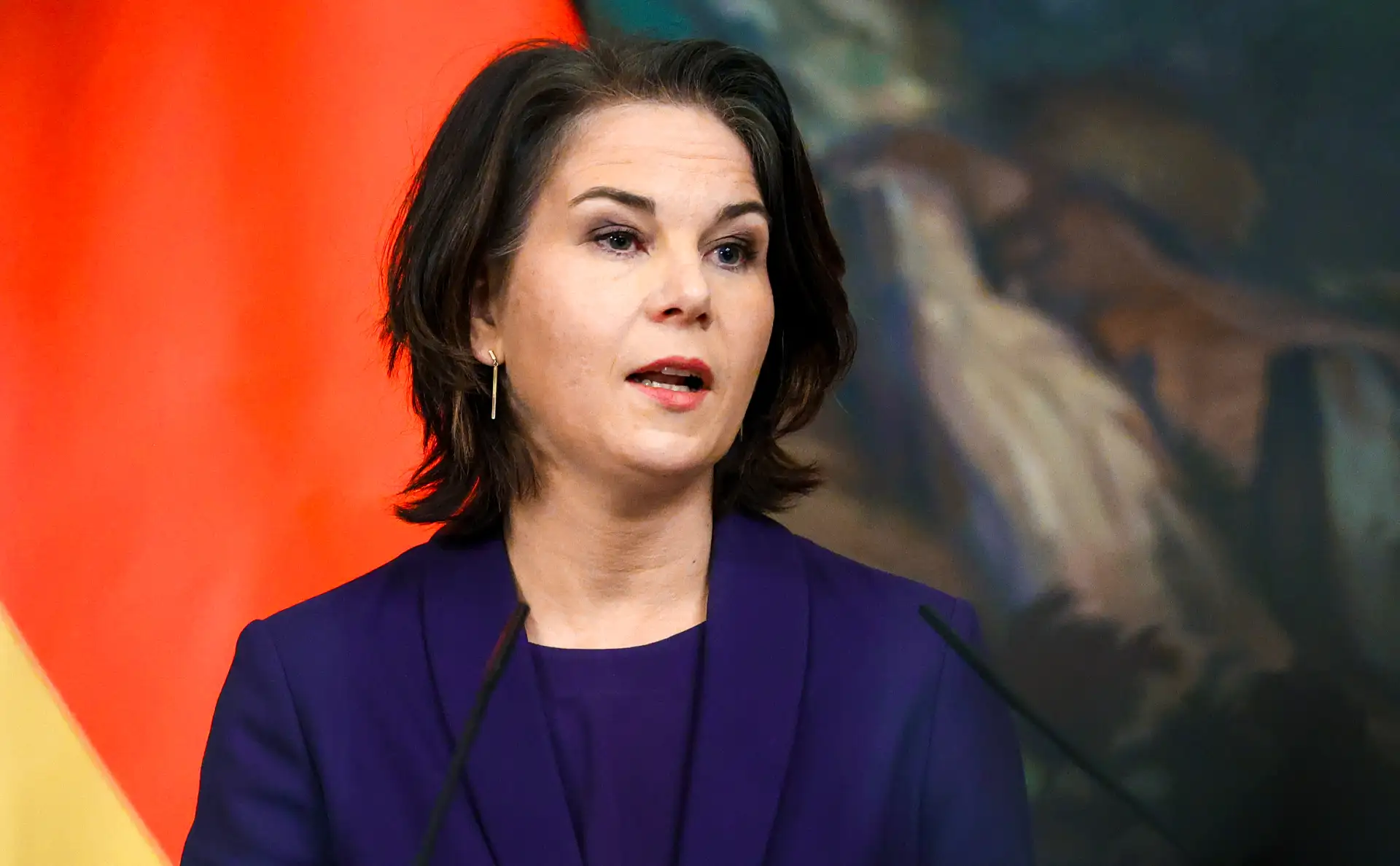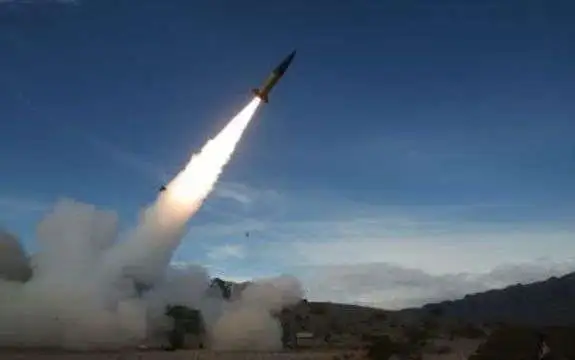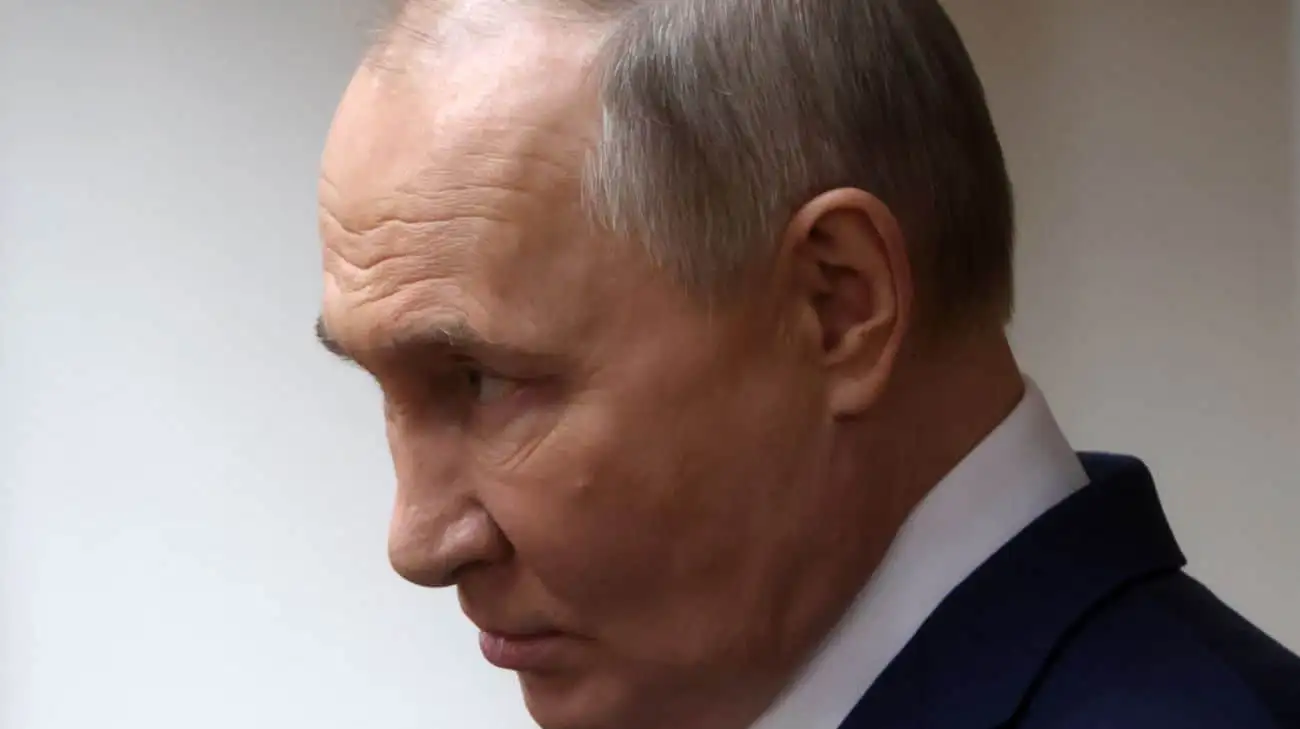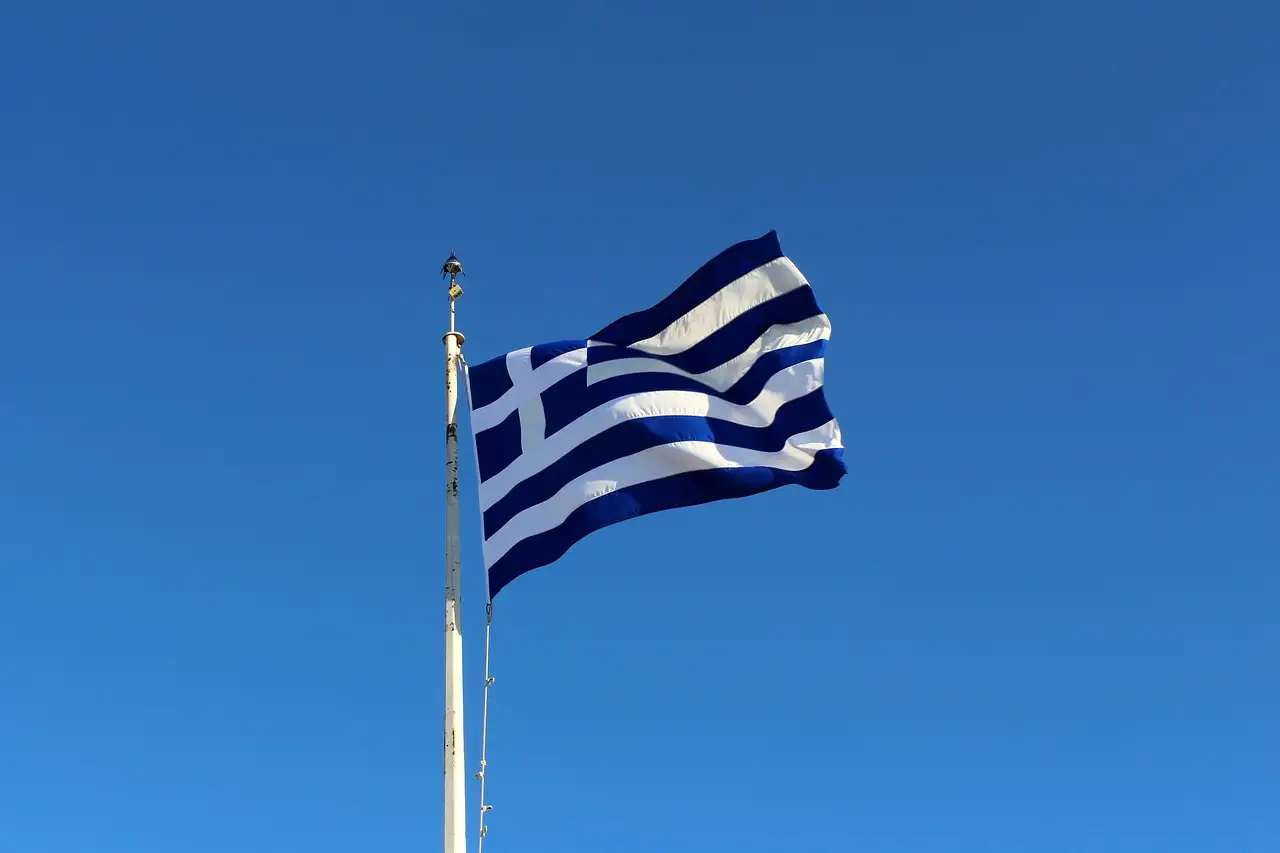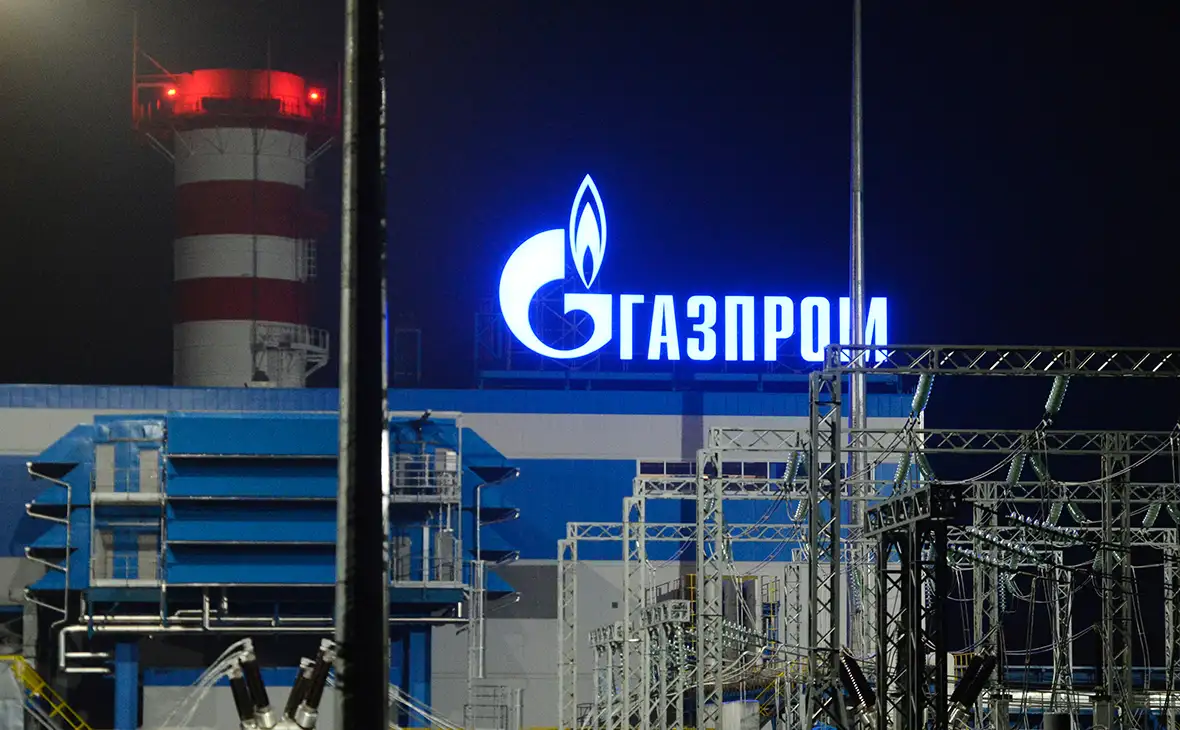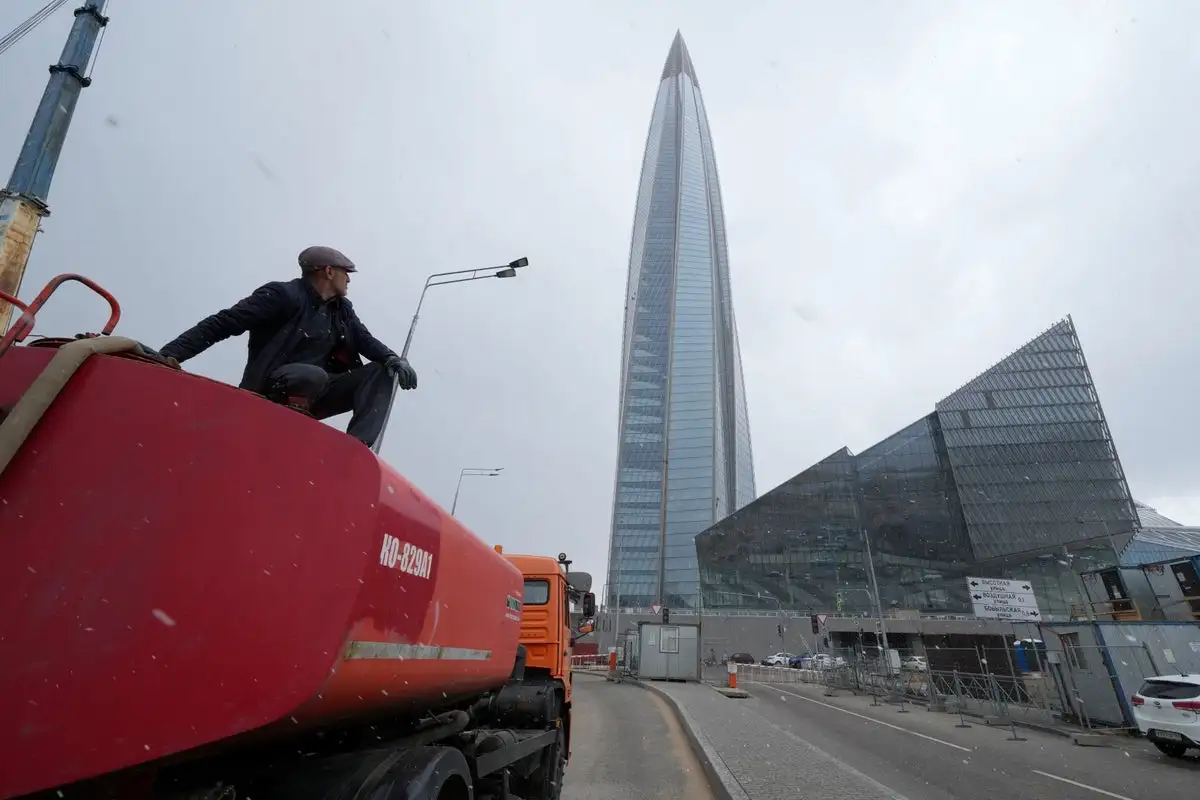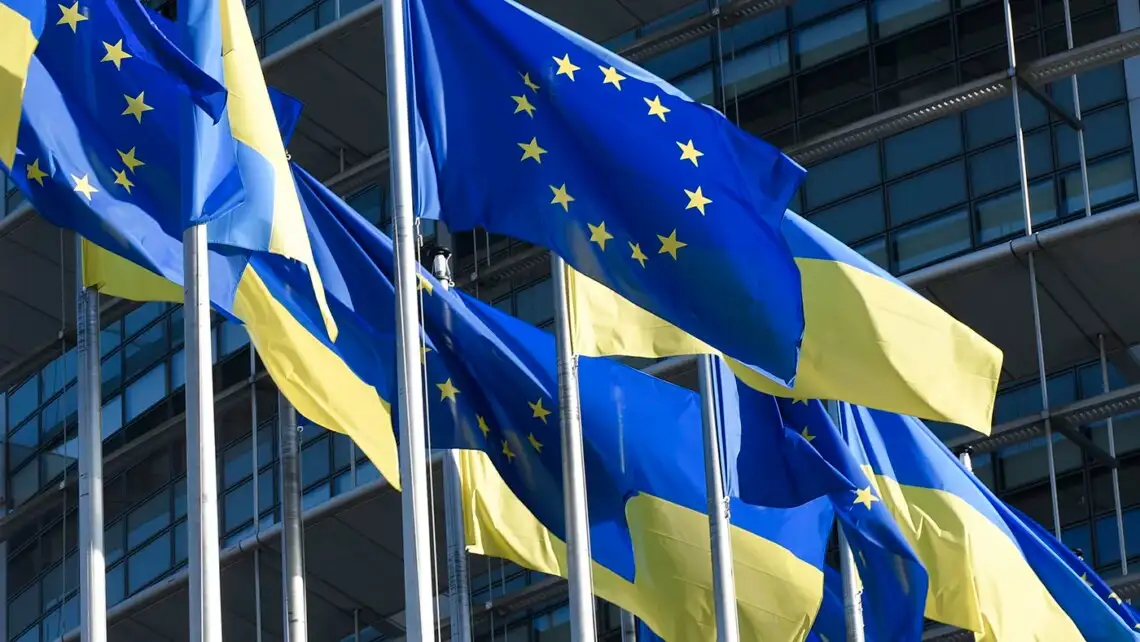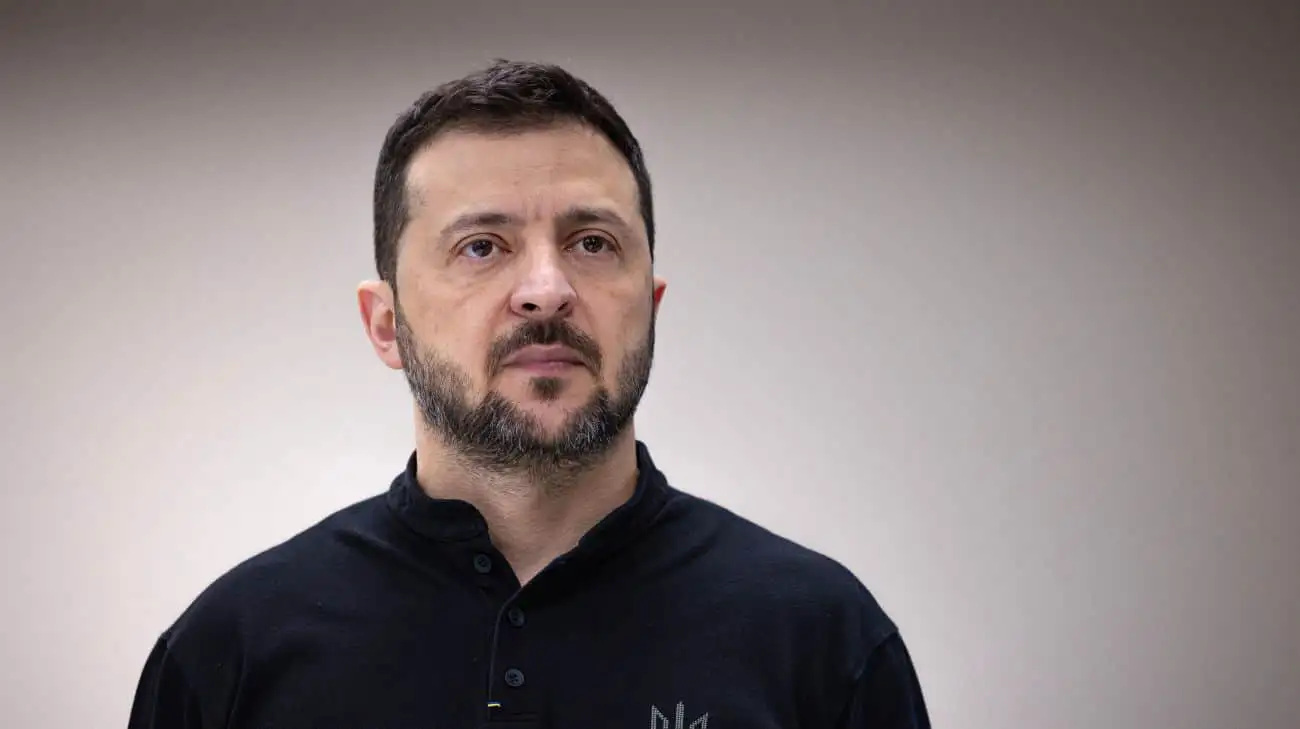The airspace over Russia must be closed
www.pravda.com.ua
Sat, 28 Dec 2024 14:15:00 +0200
Recently, an Embraer 190 Azerbaijan Airlines aircraft en route from Baku to Grozny crashed in Kazakhstan, allegedly shot down by Russian air defense systems.
Onboard were 62 passengers and 5 crew members, 28 of whom survived.
This is yet another tragedy that raises significant questions about the safety of civil aviation, particularly in the context of armed conflicts.
As someone who led investigative teams from Ukraine for the downing of flights MH17 and PS752, I cannot help but note certain similarities the nature of the damage, the confusion in the narratives during the initial days.
However, it is equally important to focus on a number of significant aspects.
According to the Main Intelligence Directorate, Ukrainian drones can currently penetrate up to 2,000 kilometers into Russian territory, targeting numerous military bases deemed legitimate objectives.
Despite this, Russian airspace remains open to civil aviation.
This paradoxical situation poses a serious risk to passengers, given the potential for errors or incidents involving air defense systems.
Currently, Russia has introduced temporary flight restrictions in the cities of Sochi, Kazan, Samara, Grozny, and Makhachkala.
However, this is not enough.
Some Azerbaijani politicians and state media have already called on Russia to acknowledge that the aircraft was shot down by its air defense systems and to issue an apology in accordance with the Chicago Convention.
And from this, we can already draw certain conclusions about Azerbaijans position.
At the same time, they compare this tragedy to the November 9, 2020, incident when Azerbaijan mistakenly shot down a Russian Mi24 military helicopter, acknowledged it, apologized, and paid compensation.
However, this comparison is inappropriate that case involved a military aircraft in an active combat zone, whereas the current incident concerns a civilian aircraft.
International practices We do not see the International Civil Aviation Organization ICAO recommending the closure of Russian airspace, even though the risks to civil aviation are evident.
At present, the organization could recommend that Russia impose restrictions and issue relevant NOTAMs Notices to Air Missions to prevent a recurrence of such tragedies.
Moreover, ICAO could theoretically appeal to the UN General Assembly with a demand to close Russian airspace.
While Russia would likely veto such a move at the UN Security Council level, this step would draw the international communitys attention to the issue.
This is also important because airlines can independently avoid Russian airspace based on their own safety assessments.
Many organizations and countries are already extremely cautious about flights over conflict zones.
For example, the FAA United States and EASA EU two key organizations responsible for aviation safety have at times recommended flight restrictions over Iraq, Iran, Syria, Lebanon, and other regions.
Yet, airlines from other parts of the world continue to choose routes over or into Russia.
Is this risk justified Recent events suggest otherwise.
It is worth noting that Ukraine has experience closing its airspace since 2014, at the onset of the war.
Back then, in the first months of hostilities in Donbas, restrictions were imposed on flight altitudes due to the risk of shelling.
After the tragedy of Malaysia Airlines Flight MH17, which was shot down at an altitude of 10 kilometers, Ukraine fully closed its airspace over the occupied territories of Donetsk and Luhansk regions.
Why is this important for Ukraine Closing Russian airspace to civil aviation would have several consequences.
First, it would reduce Russias revenue from transit flights, which currently generate substantial profits that may, in part, finance its aggression against Ukraine.
Second, it would signal that Russia cannot ensure full control over its territory and airspace safety, exposing its vulnerability and weakness.
This is particularly important as Russia continues to portray itself as a superpower to gain influence over other states.
In other words, its a matter of reputation and undermining political authority.
Of course, the objective investigation of the Embraer 190 incident under the Montreal Convention on Acts of Unlawful Interference with Civil Aviation and the Chicago Convention on International Civil Aviation remains crucial.
The public must know the truth about the causes of the crash.
If it is confirmed that the aircraft was shot down, this would provide yet another argument for closing Russian airspace.
Such a move would have economic and political consequences, weakening Russia and its influence on other nations.
Furthermore, the responsible party must not only apologize but also provide compensation to the families of the victims and those affected.
This tragedy is not only a profound sorrow for the affected families but also a signal to the international aviation community leaving airspace open over territories with a high level of threat is unacceptable in todays world.
